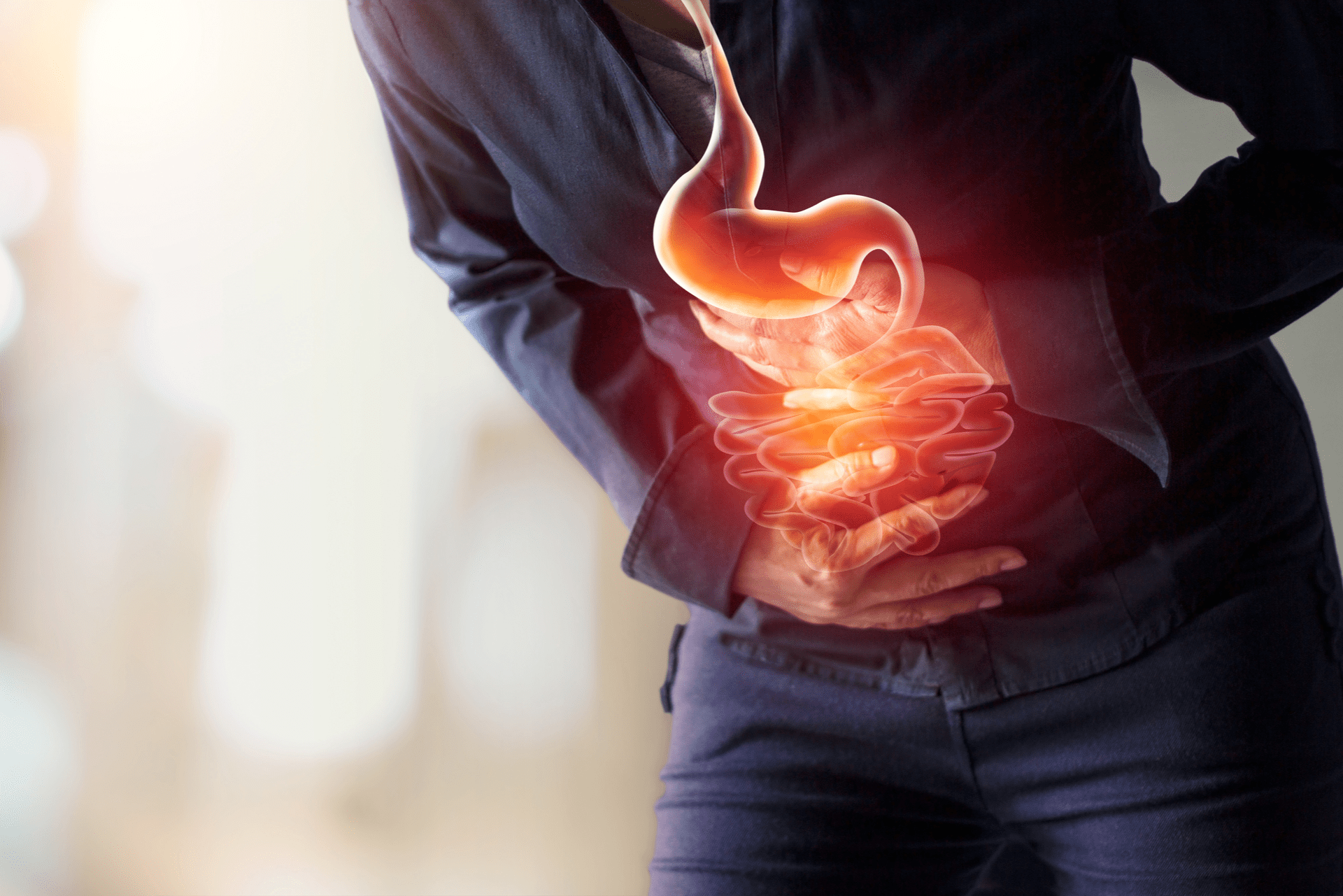Understanding Stomach Ulcers: Causes, Symptoms, and Treatments

What Are Stomach Ulcers?
Stomach ulcers, also called gastric ulcers, are painful sores that develop in the lining of your stomach. They occur when the protective mucus layer is diminished, allowing stomach acid to damage the underlying tissue.
Stomach ulcers are a type of peptic ulcer, a category that also includes duodenal ulcers, which affect the small intestine. While stomach ulcers can often be treated effectively, they can lead to serious complications if not addressed promptly.
Causes of Stomach Ulcers
The majority of stomach ulcers (80–90%) are caused by:
- Helicobacter pylori (H. pylori) infection
- Prolonged use of NSAIDs, such as aspirin, ibuprofen, or naproxen
Other contributing factors include:
- Zollinger-Ellison syndrome
- Crohn’s disease
- Smoking
- Alcohol consumption
- Viral infections
- Chemotherapy or radiation therapy
- Gastric infiltrative disorders
Can Food Cause Stomach Ulcers?
While some foods may worsen symptoms, they do not directly cause ulcers. Instead, they might irritate an already sensitive stomach.
Symptoms of Stomach Ulcers
The symptoms of stomach ulcers can vary based on their severity. Common signs include:
- Burning or pain in the abdomen, often worse on an empty stomach
- Nausea and bloating
- Heartburn and indigestion
- Loss of appetite or unintentional weight loss
- Vomiting, sometimes with blood or resembling coffee grounds
- Dark, tarry stools
Seek medical advice if you notice these symptoms, as untreated ulcers may worsen.
Diagnosis of Stomach Ulcers
Doctors typically diagnose stomach ulcers through:
- Medical history and symptom evaluation
- Tests for H. pylori (blood, stool, or breath test)
- Endoscopy to visualize and possibly biopsy the stomach lining
Treatment for Stomach Ulcers
Nonsurgical Treatments
- Antibiotics: For H. pylori infections
- Proton Pump Inhibitors (PPIs): Reduce stomach acid production
- H2 Receptor Blockers: An alternative to PPIs
- Antacids: For symptom relief
Surgical Treatments
Rarely, surgery may be required for severe cases involving:
- Persistent ulcers
- Bleeding or perforation
- Obstructions in the digestive tract
Surgical options include ulcer removal, tissue patching, or artery tying for bleeding control.
Home Remedies and Lifestyle Adjustments
While medical treatment is essential, certain remedies may help alleviate symptoms:
- Consuming foods rich in flavonoids
- Taking probiotics or aloe vera supplements
Always consult your doctor before trying home remedies.
When to See a Doctor
Seek immediate medical attention if you experience:
- Black, tarry stools
- Vomiting blood or material resembling coffee grounds
- Sudden, sharp abdominal pain
Complications of Untreated Ulcers
Without treatment, stomach ulcers can lead to:
- Internal bleeding
- Perforation of the stomach lining
- Blockages in the digestive tract
Preventing Stomach Ulcers
To minimize your risk:
- Limit NSAID use
- Practice good hygiene to prevent H. pylori infections
- Properly prepare and store food
FAQs
- Do stomach ulcers heal on their own?
Most ulcers heal within 4–6 weeks with appropriate treatment. - What over-the-counter options can help?
Antacids may relieve symptoms, but a doctor’s diagnosis is critical. - Which drinks are soothing?
Herbal teas, kefir, and ginger-based drinks can provide relief. Avoid alcohol, caffeine, and carbonated beverages.
Bottom Line
Stomach ulcers are open sores caused by factors like NSAID use or H. pylori infection. Prompt medical attention ensures effective treatment and prevents complications. If you suspect a stomach ulcer, consult a doctor for an accurate diagnosis and tailored care.
